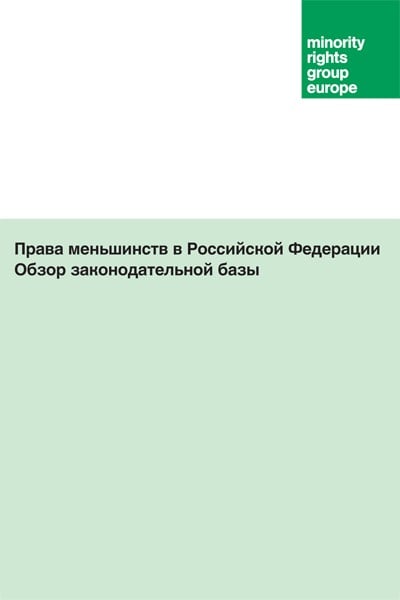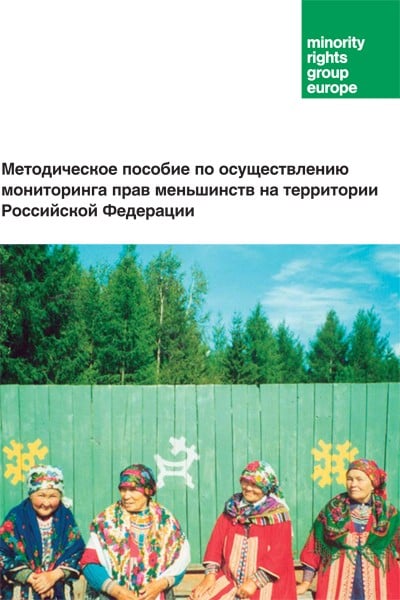
The Crimean Tatars, Volga Germans and Meskhetians: Soviet treatment of some national minorities
This edition continues the account of the recent history and present situation of three national minorities in the Soviet Union: the Crimean Tatars, Soviet Germans and the Meskhetians. It covers the period until the end of 1979. An attempt has been made to retain as much as possible of the previous text while supplementing it with information about recent developments.
Since the appearance of the second edition of this report six and a half years ago, all three national groups have been conducting mass campaigns: the Crimean Tatars and the Meskhetians to return to their historic homelands, and the Soviet Germans to emigrate to Germany. Only the Soviet German movement has so far met with some success: over 55,000 Soviet Germans were allowed to leave the Soviet Union between 1970 and 1979. Despite decrees rehabilitating them, and in the case of the Meskhetians, a further decree granting them the right to return to Meskhetia, the Crimean Tatars and the Meskhetians remain displaced peoples. The Soviet government continues to violate international and domestic norms by conducting a policy of blatant racial discrimination against them.
Please note that the terminology in the fields of minority rights and indigenous peoples’ rights has changed over time. MRG strives to reflect these changes as well as respect the right to self-identification on the part of minorities and indigenous peoples. At the same time, after over 50 years’ work, we know that our archive is of considerable interest to activists and researchers. Therefore, we make available as much of our back catalogue as possible, while being aware that the language used may not reflect current thinking on these issues.


